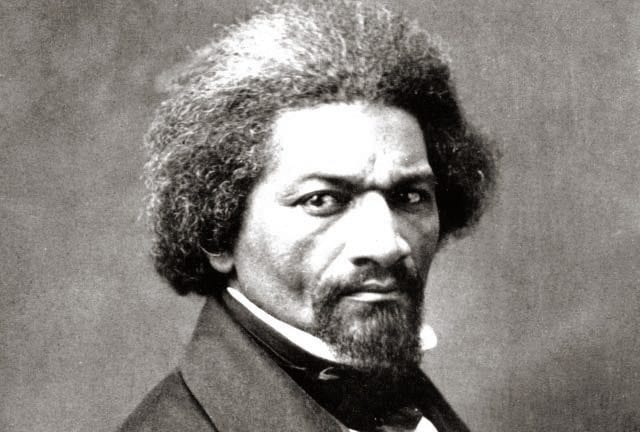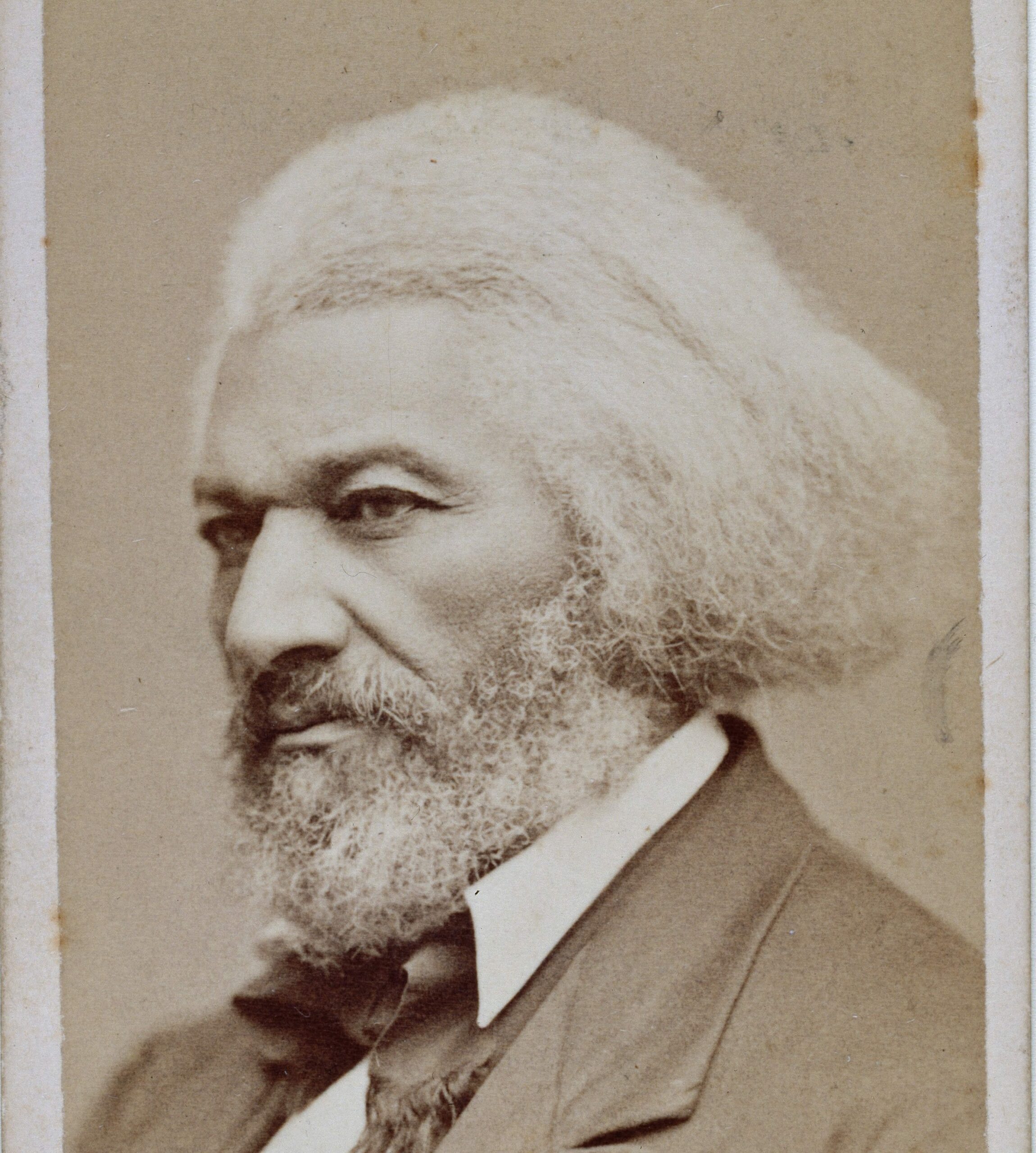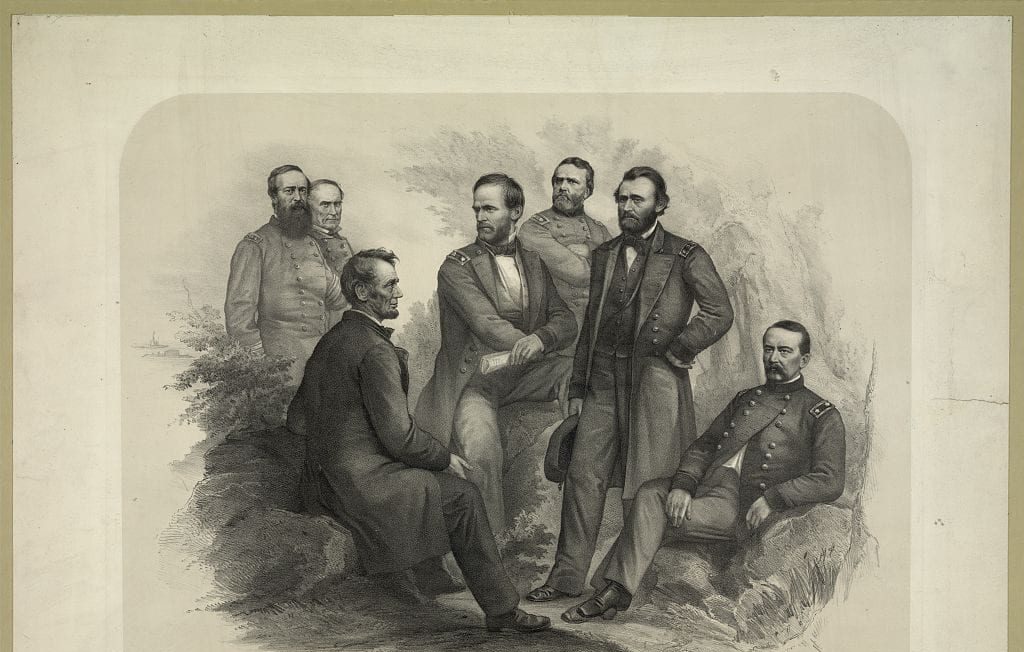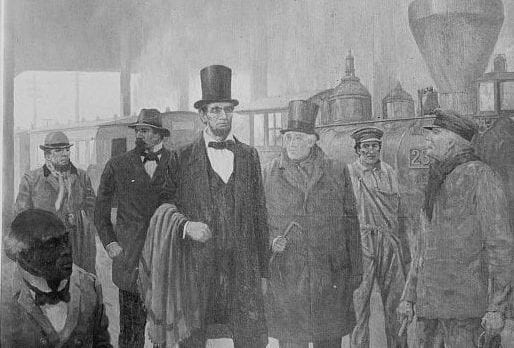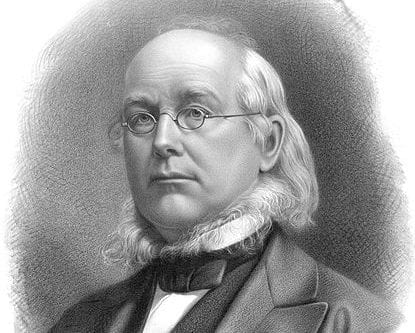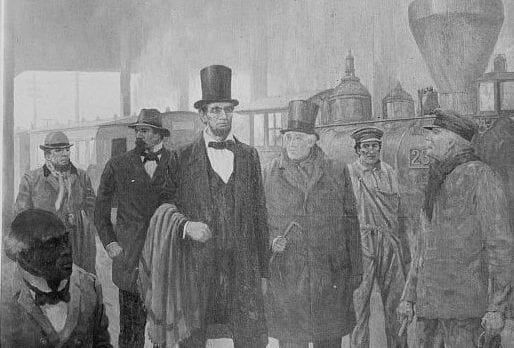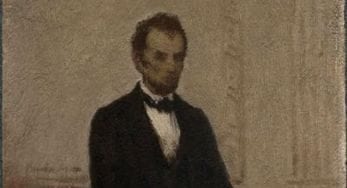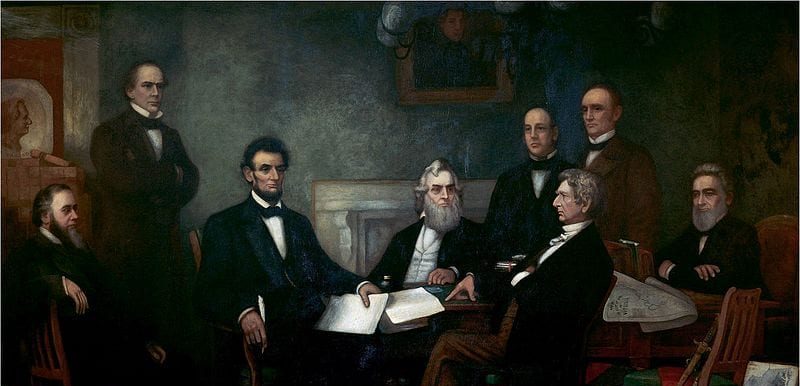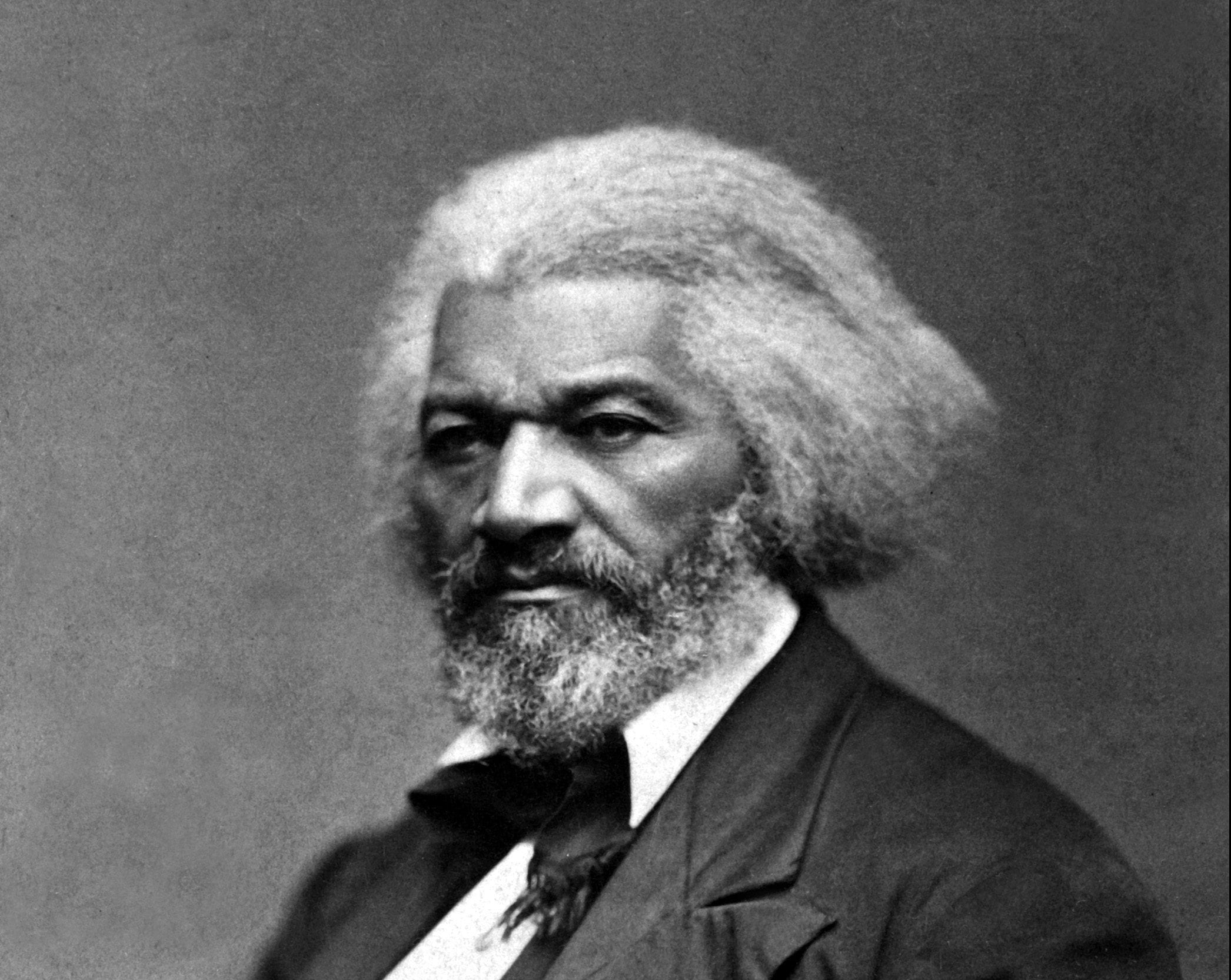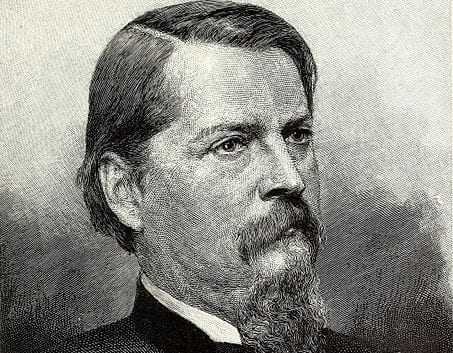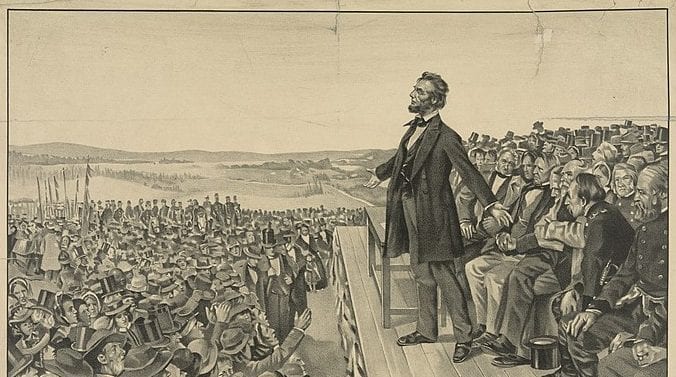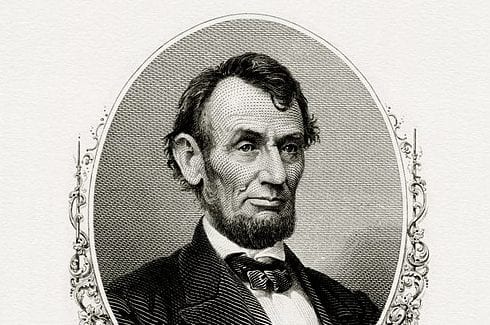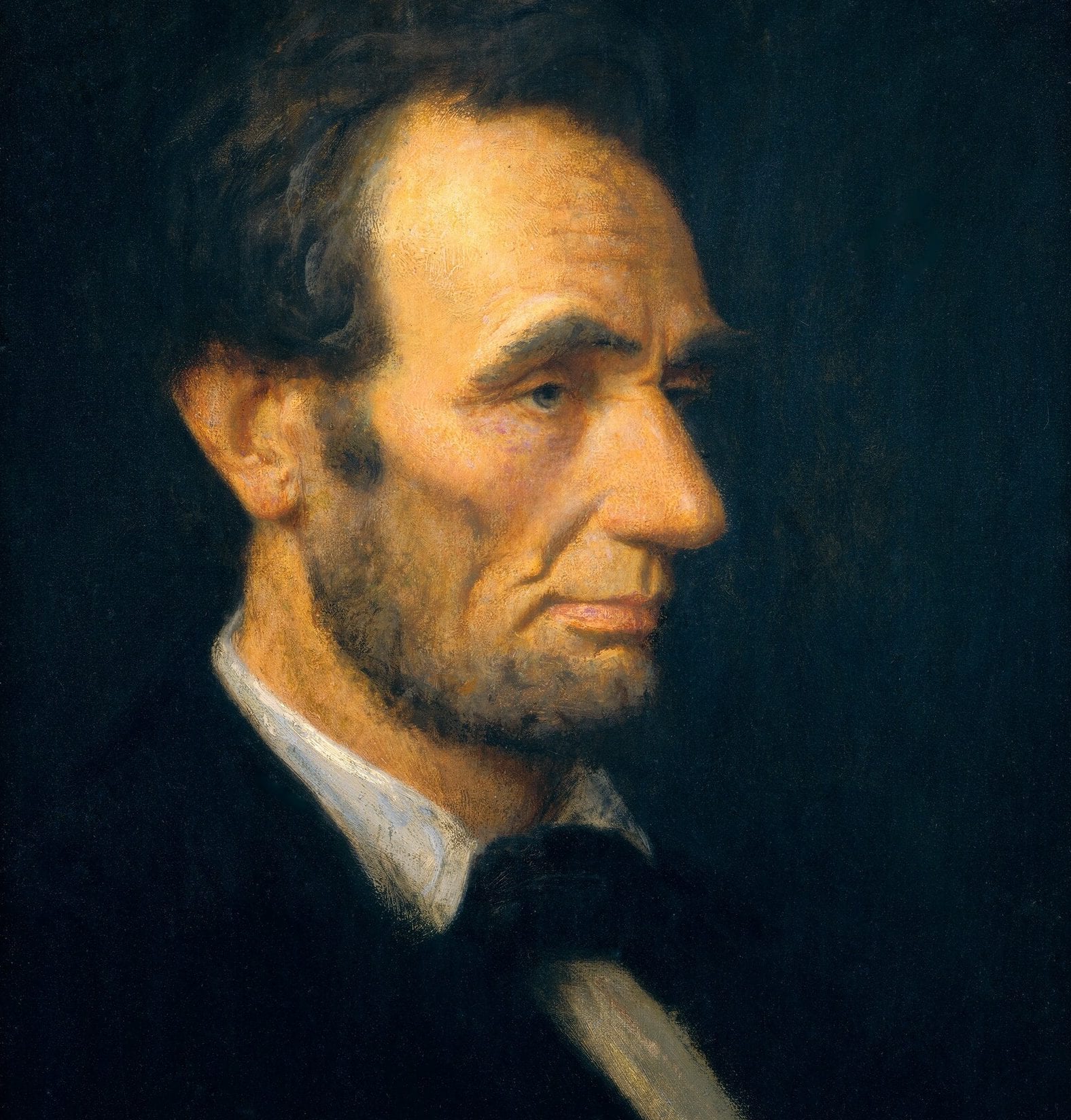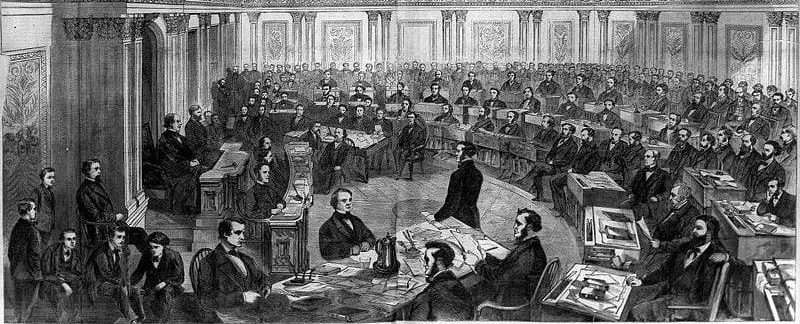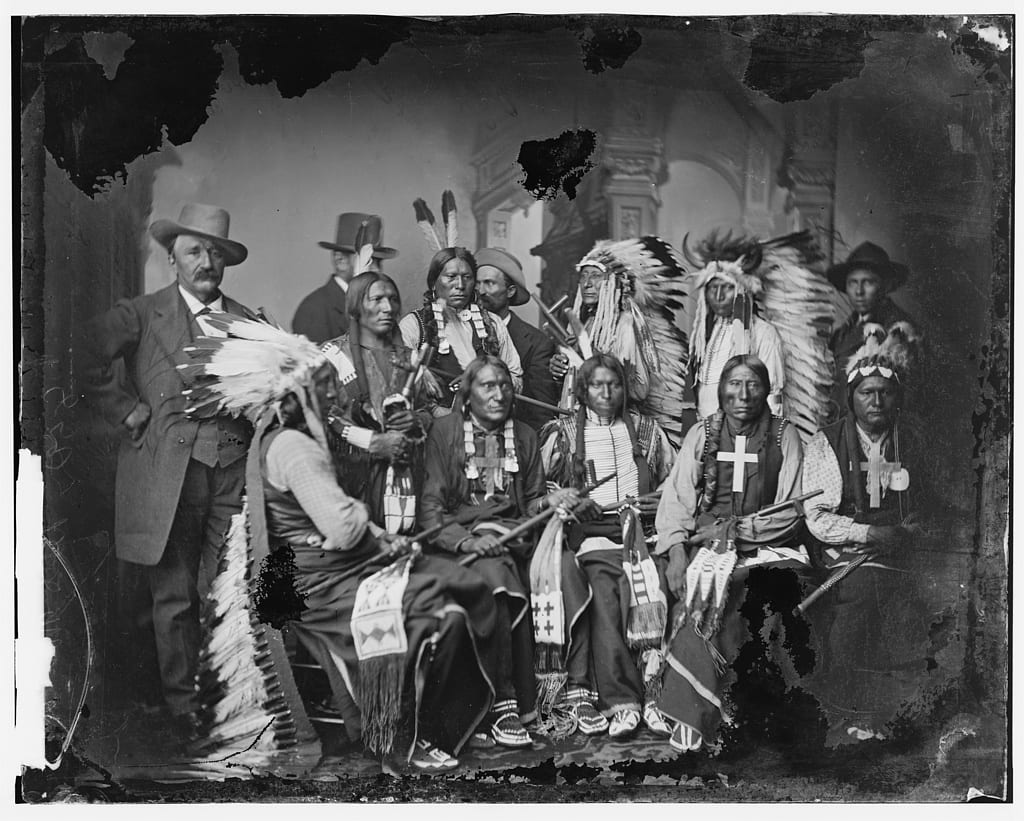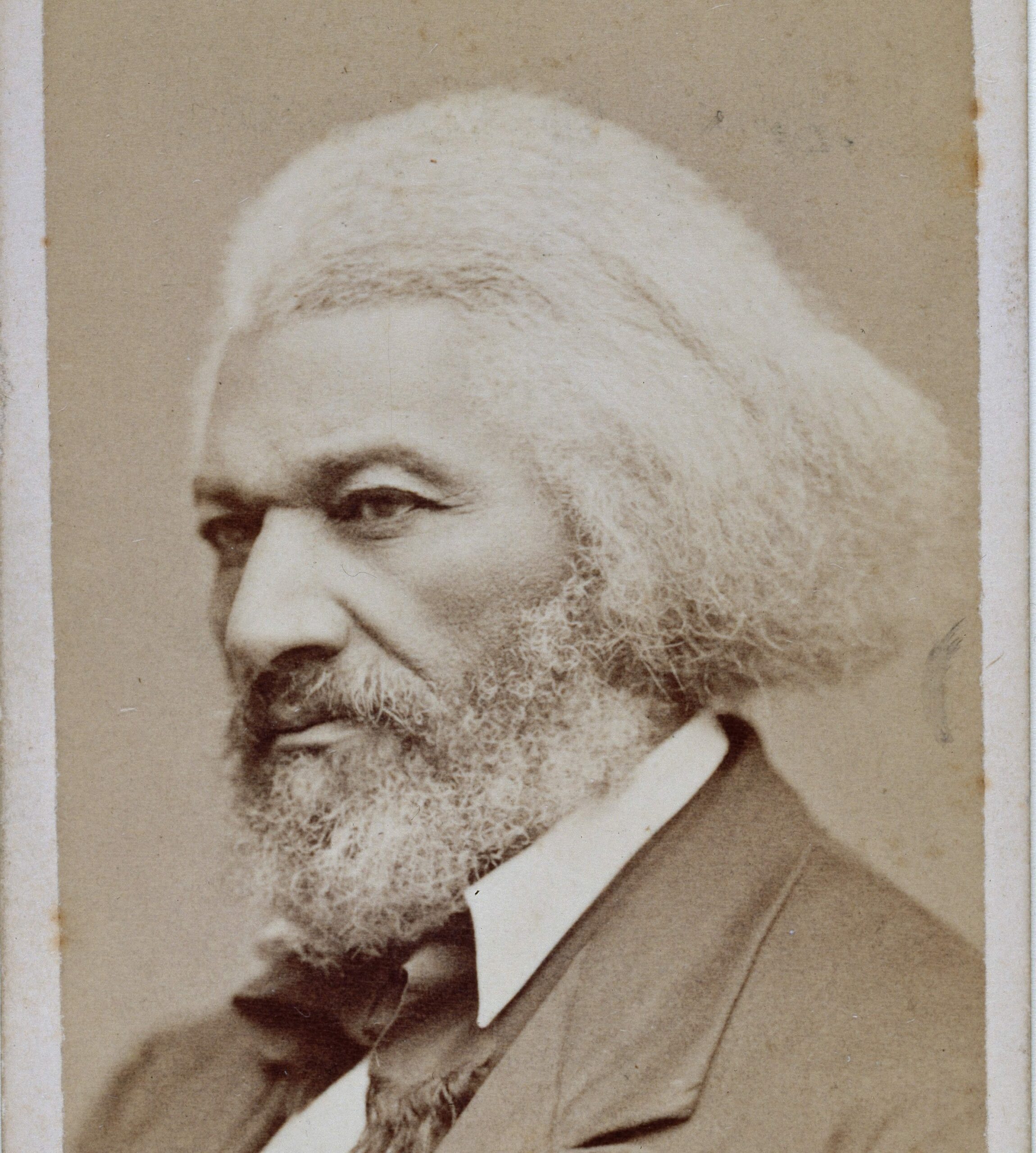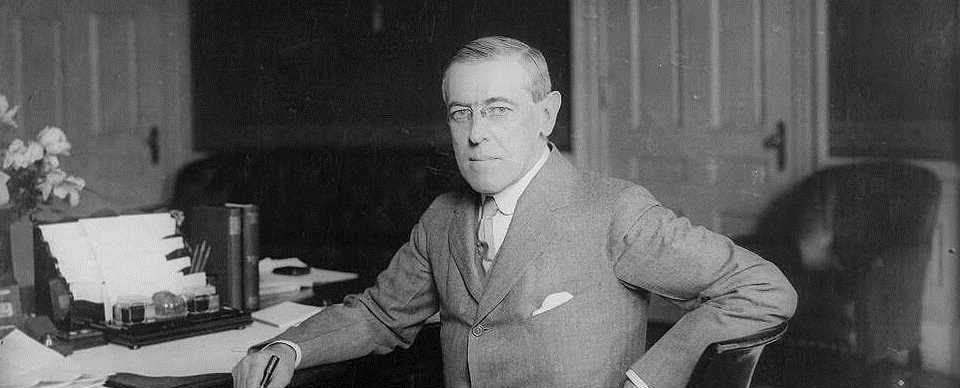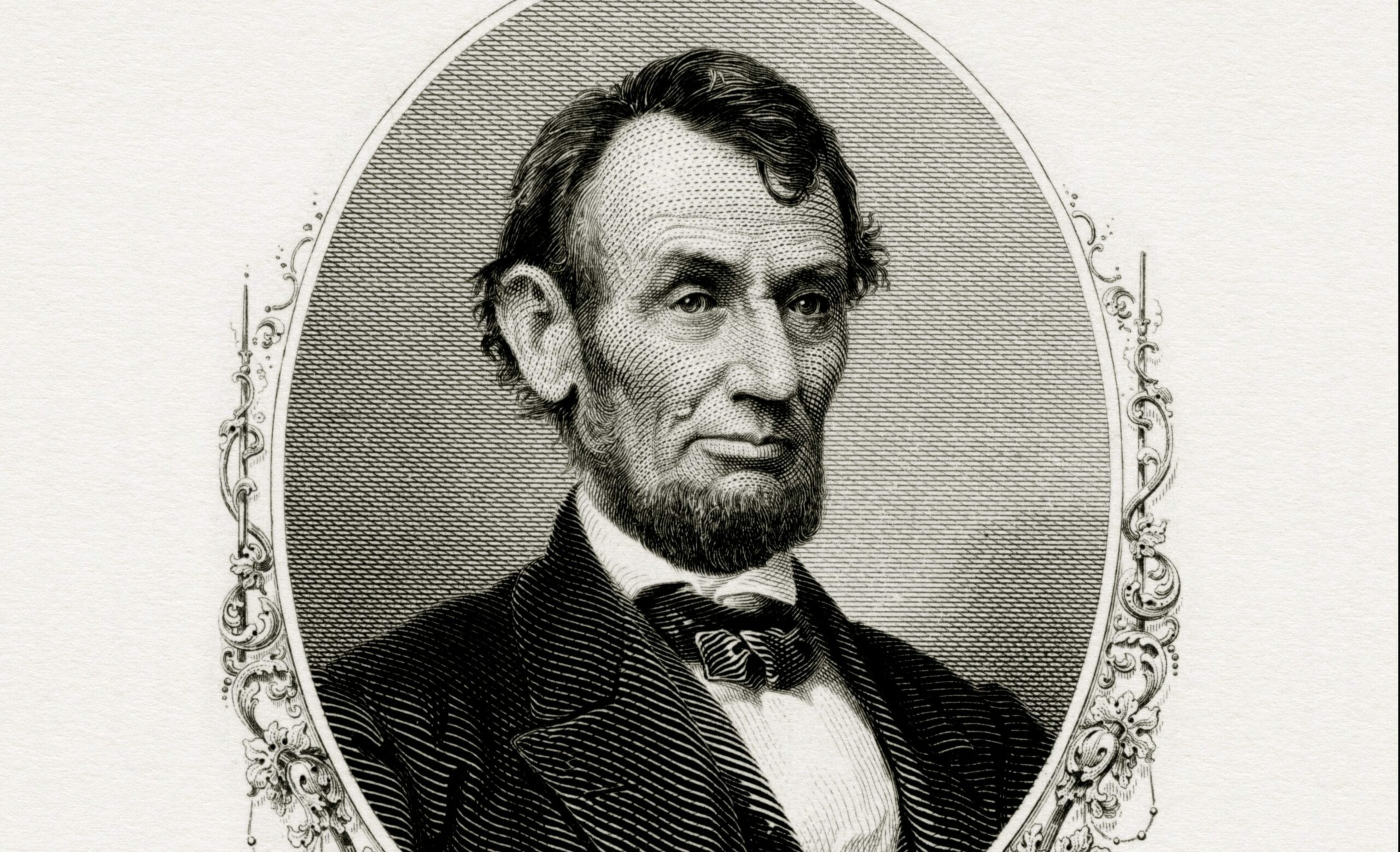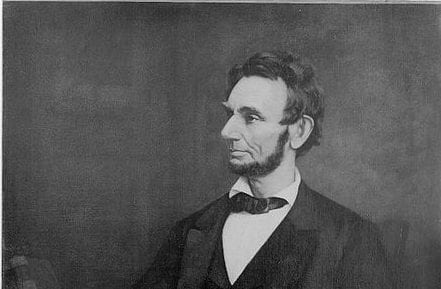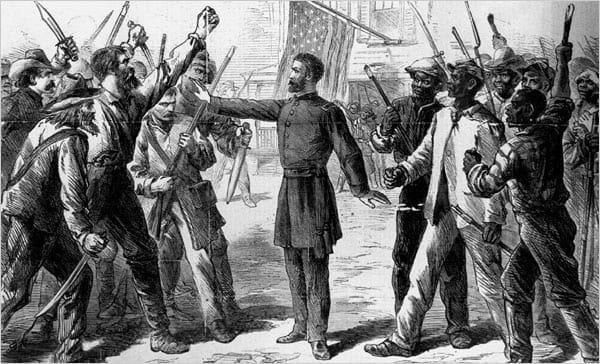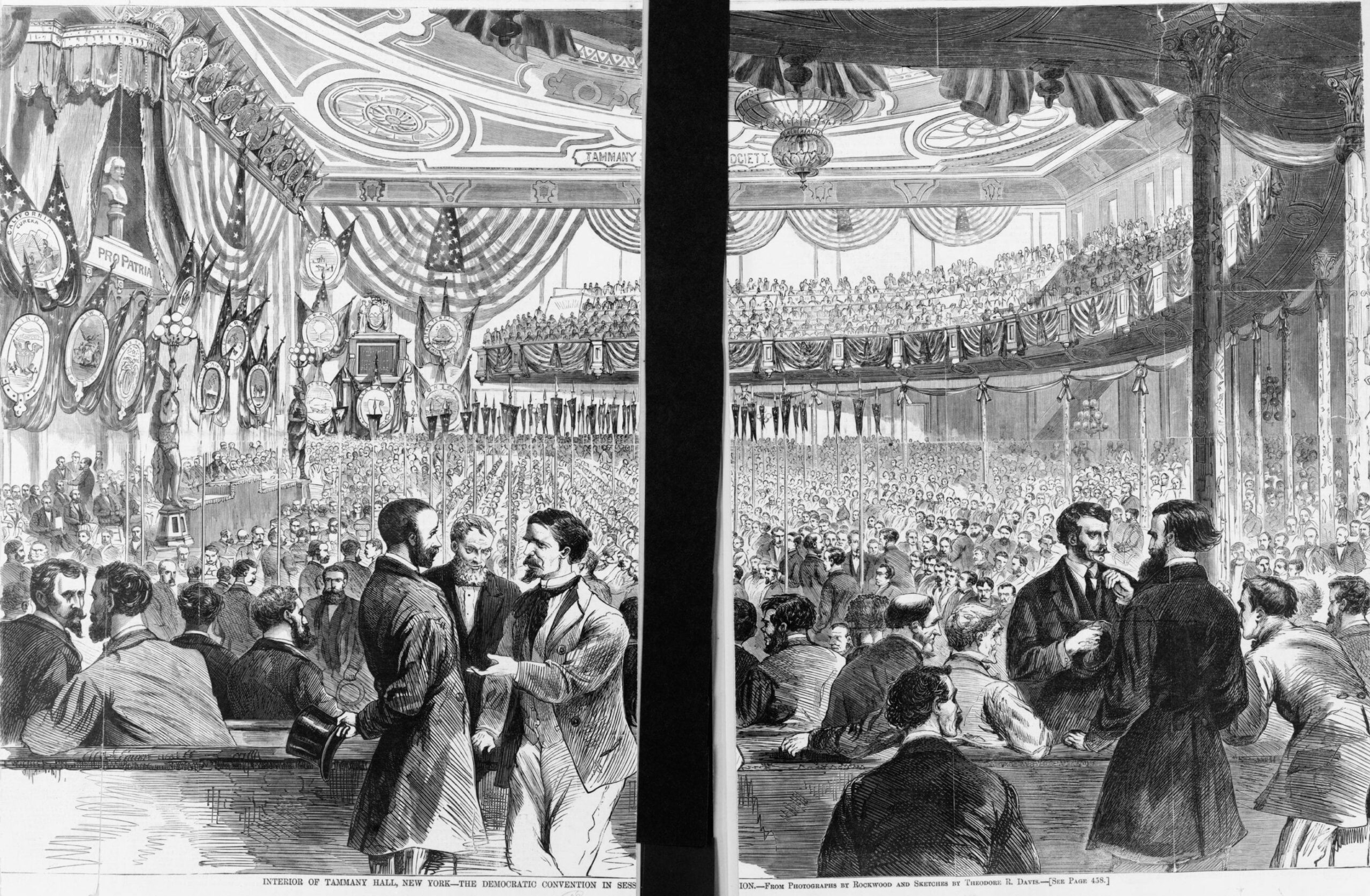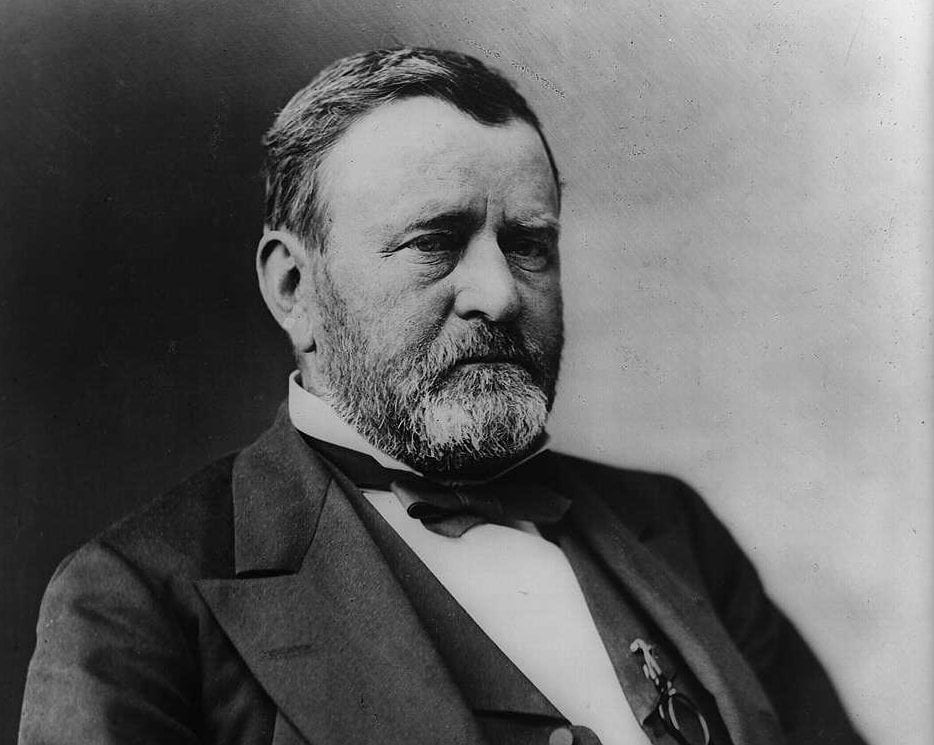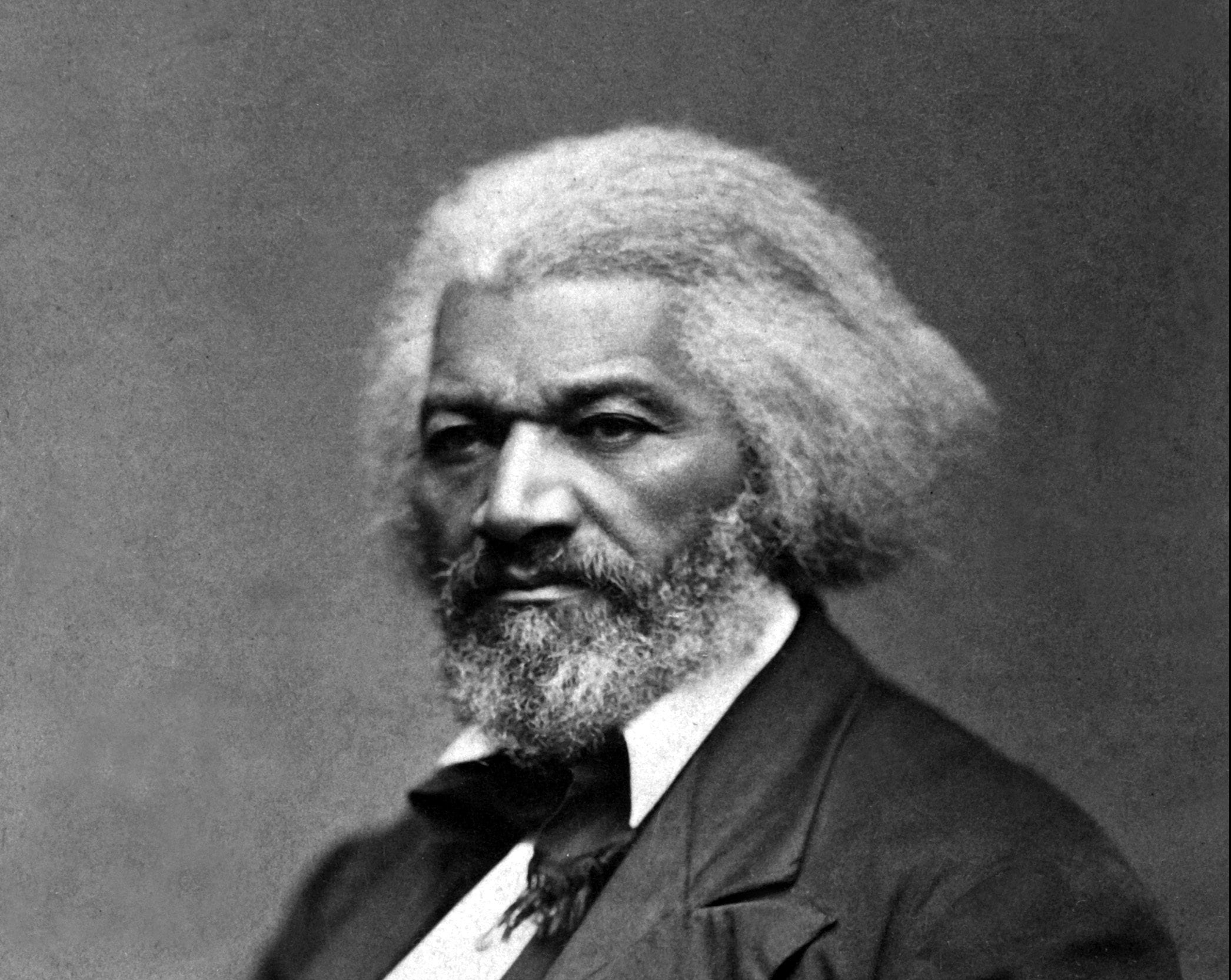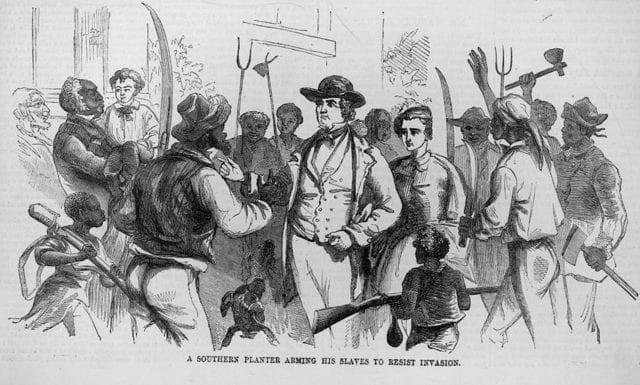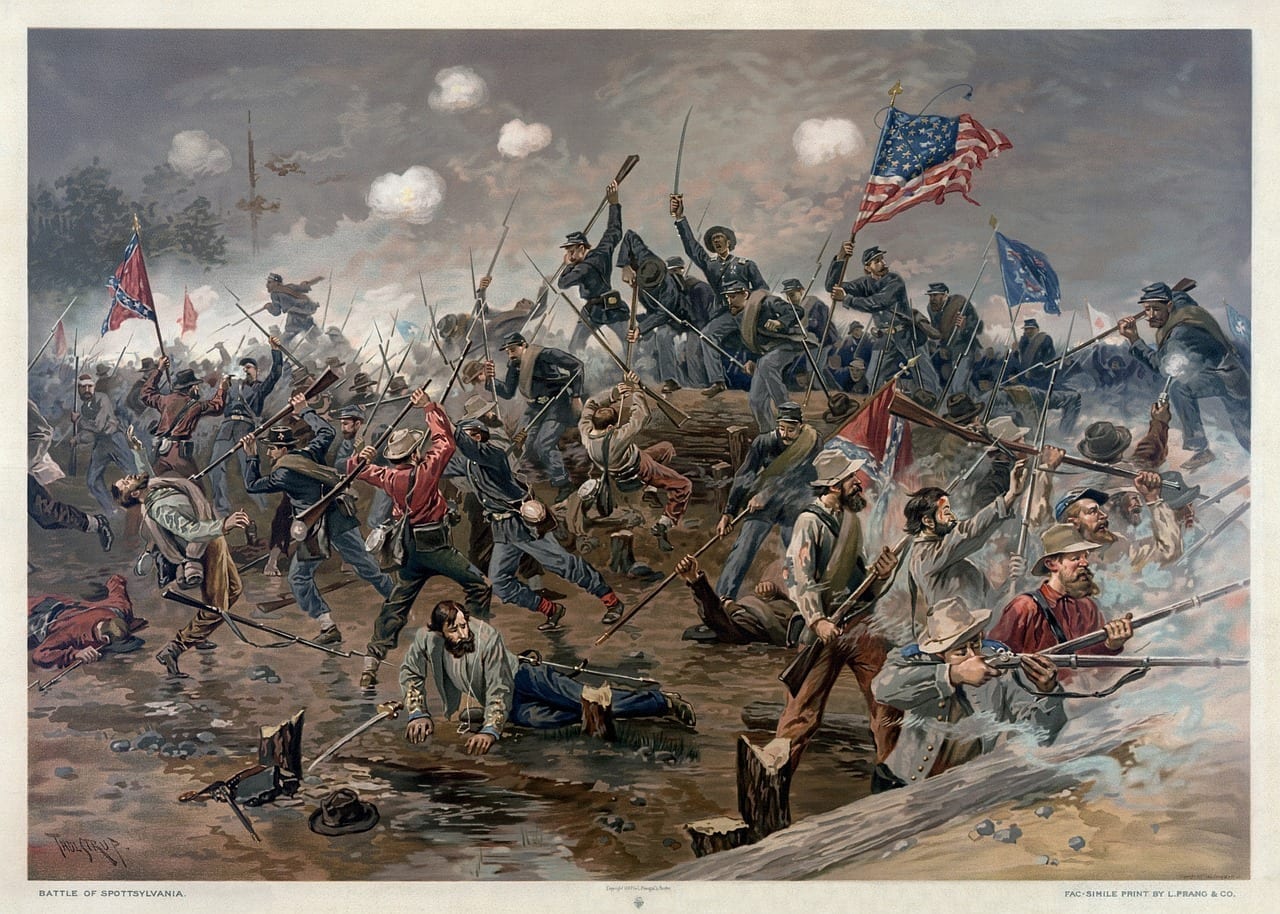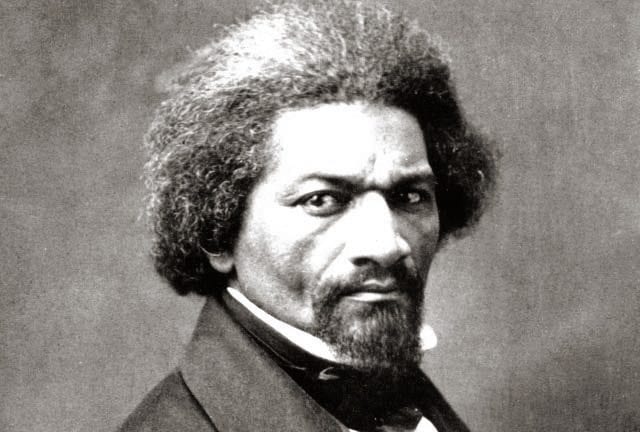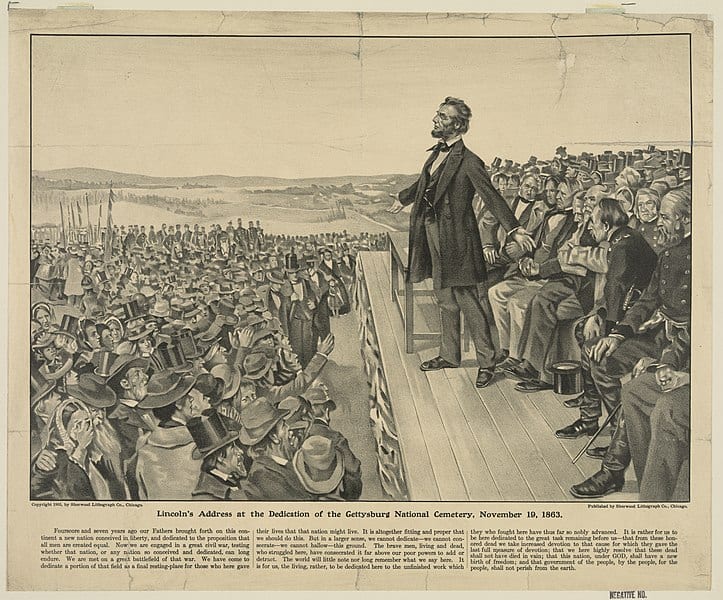
No study questions
No related resources
Introduction
As the Civil War progressed and Union forces gained control of territory in states that had seceded, the question arose as to how that territory and its people – slave and free – should be dealt with. This issue became more pressing as the war ended. President Lincoln encouraged reconciliation, and a respect for the constitutional limits of the authority of the President, the Congress and the states. Other Republicans believed that the South had to be reconstructed in a fundamental way. They, too, considered constitutional limits (especially Thaddeus Stevens), and concluded that, for the ultimate good of the Union and all its people, the seceding states had to be treated as conquered territories. Meanwhile, the freed men and women sought to construct new lives in extraordinarily difficult circumstances. The long-term effects of Reconstruction – or its failure – are evident in Senator Tillman’s speech from 1900. He defended the system of segregation developed in the South after Reconstruction (including lynching); segregation was not challenged until the 1950s and 1960s.
“Reconstruction,” Hon. Thaddeus Stevens on the Great Topic of the Hour. An Address Delivered to the Citizens of Lancaster, Sept. 6, 1865, The Lancaster Daily Evening Express, September 10, 1865. Also published as a pamphlet, “Reconstruction, Speech of the Hon. Thaddeus Stevens, delivered to the City of Lancaster, September 7, 1865” (Lancaster, Pa.: Examiner and Herald Print, 1865). Stevens (1792–1868) was a member of the U.S. House of Representatives from 1849 to 1868, and a leading Radical Republican.
FELLOW-CITIZENS: In compliance with your request, I have come to give my views of the present condition of the rebel States – of the proper mode of reorganizing the government, and the future prospects of the republic. During the whole progress of the war, I never for a moment felt doubt or despondency. I knew that the loyal North would conquer the rebel despots who sought to destroy freedom. But since that traitorous confederation has been subdued, and we have entered upon the work of “reconstruction” or “restoration,” I cannot deny that my heart has become sad at the gloomy prospects before us.
Four years of bloody and expensive war, waged against the United States by eleven States, under a government called the “Confederate States of America,” to which they acknowledged allegiance, have overthrown all governments within those States which could be acknowledged as legitimate by the Union. The armies of the Confederate States having been conquered and subdued, and their territory possessed by the United States, it becomes necessary to establish governments therein which shall be republican in form and principles and form a “more perfect Union” with the parent government. It is desirable that such a course should be pursued as to exclude from those governments every vestige of human bondage, and render the same forever impossible in this nation; and to take care that no principles of self-destruction shall be incorporated therein. In effecting this, it is to be hoped that no provision of the Constitution will be infringed, and no principle of the law of nations disregarded. Especially must we take care that in rebuking this unjust and treasonable war, the authorities of the Union shall indulge in no acts of usurpation which may tend to impair the stability and permanency of the nation. Within these limitations, we hold it to be the duty of the government to inflict condign punishment on the rebel belligerents, and so weaken their hands that they can never again endanger the Union; and so reform their municipal institutions as to make them republican in spirit as well as in name.
We especially insist that the property of the chief rebels should be seized and appropriated to the payment of the National debt, caused by the unjust and wicked war which they instigated.
How can such punishments be inflicted and such forfeitures produced without doing violence to established principles?
Two positions have been suggested.
First – To treat those States as never having been out of the Union because the Constitution forbids secession, and therefore, a fact forbidden by law could not exist.
Second – To accept the position to which they placed themselves as severed from the Union; an independent government de facto, and an alien enemy to be dealt with according to the laws of war. . . .
. . . To say that they were States under the protection of that Constitution which they were rending, and within the Union which they were assaulting with bloody defeats, simply because they became belligerents through crime, is making theory overrule fact to an absurd degree. It will, I suppose, at least be conceded that the United States, if not obliged so to do, have a right to treat them as an alien enemy, now conquered, and subject to all the liabilities of a vanquished foe.
If we are also at liberty to treat them as never having been out of the Union, and that their declarations and acts were all void because they contravened the Constitution, and therefore they were never engaged in a public war, but were merely insurgents, let us inquire which position is best for the United States. If they have never been otherwise than States in the Union, and we desire to try certain of the leaders for treason, the Constitution requires that they should be indicted and tried “by an impartial jury of the State and district wherein the crime shall have been committed, which district shall have been previously ascertained by law.”. . .
. . . Select an impartial jury from Virginia, and it is obvious that no conviction could ever be had. Possibly a jury might be packed to convict, but that would not be an “impartial” jury. . . . The same difficulties would exist in attempting forfeitures, which can only follow conviction in States protected by the Constitution; and then it is said only for the life of the malefactor. Congress can pass no “bill of attainder.”
Nor, under that theory, has Congress, much less the Executive, any power to interfere in remodeling those States upon reconstruction. . . . The sovereign power of the nation is lodged in Congress. Yet where is the warrant in the Constitution for such sovereign power, much less in the Executive, to intermeddle with the domestic institutions of a State, mold its laws, and regulate the elective franchise? It would be rank, dangerous and deplorable usurpation. In reconstruction, therefore, no reform can be effected in the Southern States if they have never left the Union. But reformation must be effected; the foundation of their institutions, both political, municipal and social, must be broken up and re-laid, or all our blood and treasure have been spent in vain. This can only be done by treating and holding them as a conquered people. Then all things which we can desire to do, follow with logical and legitimate authority. As conquered territory, Congress would have full power to legislate for them; for the territories are not under the Constitution, except so far as the express power to govern them is given to Congress. They would be held in a territorial condition until they are fit to form State constitutions, republican in fact, not in form only, and ask admission into the Union as new States. If Congress approve of their constitutions, and think they have done works meet for repentance, they would be admitted as new States. If their constitutions are not approved of, they would be sent back, until they have become wise enough so to purge their old laws as to eradicate every despotic and revolutionary principle – until they shall have learned to venerate the Declaration of Independence. I do not touch on the question of negro suffrage. If in the Union, the States have long ago regulated that, and for the Central Government to interfere with it would be mischievous impertinence. If they are to be admitted as new States they must form their own constitution; and no enabling act could dictate its terms. Congress could prescribe the qualifications of voters while a Territory, or when proceeding to call a convention to form a State government. That is the extent of the power of Congress over the elective franchise, whether in a Territorial or State condition. . . .
Upon the character of the belligerent, and the justice of the war, and the manner of conducting it, depends our right to take the lives, liberty and property of the belligerent. This war had its origin in treason without one spark of justice. It was prosecuted before notice of it, by robbing our forts and armories, and our navy-yards; by stealing our money from the mints and depositories, and by surrendering our forts and navies by perjurers who had sworn to support the Constitution. In its progress our prisoners, by the authority of the government, were slaughtered in cold blood. Ask Fort Pillow and Fort Wagner.1 Sixty thousand of our prisoners have been deliberately starved to death because they would not enlist in the rebel armies. The graves at Andersonville2 have each an accusing tongue. The purpose and avowed object of the enemy “to found an empire whose corner-stone should be slavery,”3 rendered its perpetuity or revival dangerous to human liberty.
Surely, these things are sufficient to justify the exercise of the extreme rights of war – “to execute, to imprison, to confiscate.” How many captive enemies it would be proper to execute, as an example to nations, I leave others to judge. I am not fond of sanguinary punishments, but surely some victims must propitiate the manes4 of our starved, murdered, slaughtered martyrs. A court-martial could do justice according to law.
But we propose to confiscate all the estate of every rebel belligerent whose estate was worth $10,000, or whose land exceeded two hundred acres in quantity. Policy, if not justice, would require that the poor, the ignorant, and the coerced should be forgiven. They followed the example and teachings of their wealthy and intelligent neighbors. . . .
What loyal man can object to this? Look around you, and everywhere behold your neighbors, some with an arm, some with a leg, some with an eye, carried away by rebel bullets. Others horribly mutilated in every form. And yet numerous others wearing the weeds which mark the death of those on whom they leaned for support. Contemplate these monuments of rebel perfidy, and of patriotic suffering, and then say if too much is asked for our valiant soldiers.
Look again, and see loyal men reduced to poverty by the confiscations by the Confederate States, and by the rebel States – see Union men robbed of their property, and their dwellings laid in ashes by rebel raiders, and say if too much is asked for them. But, above all, let us inquire whether imperative duty to the present generation and to posterity, does not command us to compel the wicked enemy to pay the expenses of this unjust war. In ordinary transactions, he who raises a false clamor, and prosecutes an unfounded suit, is adjudged to pay the costs on his defeat. We have seen that, by the law of nations, the vanquished in an unjust war must pay the expense. . . .
If “Restoration,” as it is now properly christened, is to prevail over “Reconstruction,” will some learned pundit of that school inform me in what condition slavery and the slave laws are? I assert that upon that theory [restoration] not a slave has been liberated, not a slave law has been abrogated, but on the “Restoration” the whole slave code is in legal force. Slavery was protected by our Constitution in every State in the Union where it existed. While they remained under that protection no power in the federal Government could abolish slavery. If, however, the Confederate States were admitted to be what they claimed, an independent belligerent de facto, then the war broke all treaties, compacts and ties between the parties, and slavery was left to its rights under the law of nations. These rights were none; for the law declares that “Man can hold no property in man.” (Phillimore, page 316.)5 Then the laws of war enabled us to declare every bondman free, so long as we held them in military possession. And the conqueror, through Congress, may declare them forever emancipated. But if the States are “States in the Union,” then when war ceases they resume their positions with all their privileges untouched. There can be no “mutilated” restoration. That would be the work of Congress alone, and would be “Reconstruction.”. . . is there some way to avoid hanging lines like this?
The whole fabric of Southern society must be changed, and never can it be done if this opportunity is lost. Without this, this government can never be, as it never has been, a true republic. Heretofore, it had more the features of aristocracy than of democracy. The Southern States have been despotisms, not governments of the people. It is impossible that any practical equality of rights can exist where a few thousand men monopolize the whole landed property. The larger the number of small proprietors the more safe and stable the government. As the landed interest must govern, the more it is subdivided and held by independent owners, the better. What would be the condition of the State of New York if it were not for her independent yeomanry? She would be overwhelmed and demoralized by the Jews, Milesians6 and vagabonds of licentious cities. How can republican institutions, free schools, free churches, free social intercourse, exist in a mingled community of nabobs and serfs: of the owners of twenty thousand acre manors with lordly palaces, and the occupants of narrow huts inhabited by “low white trash?” If the South is ever to be made a safe republic, let her lands be cultivated by the toil of the owners, or the free labor of intelligent citizens. This must be done even though it drive her nobility into exile. It they go, all the better. It will be hard to persuade the owner of ten thousand acres of land, who drives a coach and four, that he is not degraded by sitting at the same table, or in the same pew, with the embrowned and hard-handed farmer who has himself cultivated his own thriving homestead of one hundred and fifty acres. This subdivision of the lands will yield ten bales of cotton to one that is made now, and he who produced it will own it and feel himself a man. . . .
Let all who approve of these principles rally with us. Let all others go with Copperheads7 and rebels. Those will be the opposing parties. Young men, this duty devolves on you. Would to God, if only for that, that I were still in the prime of life, that I might aid you to fight through this last and greatest battle of freedom!
- 1. Confederate forces massacred black Union soldiers at Fort Pillow, April 1864. Stevens may be referring to the Second Battle of Fort Wagner, July 1863. Following the battle Union dead were buried by Confederates in a mass grave, but there was no massacre.
- 2. Andersonville was a Confederate prisoner of war camp near Andersonville, Georgia, notorious for its terrible conditions. Nearly a third of the Union soldiers held there died.
- 3. Paraphrase of a remark in a speech by Thomas Hedges Genin (1796–1868), October 1865. Genin was an Ohio Congressman. Genin was paraphrasing, as Stevens knew, the words of the Vice-President of the Confederacy, Alexander Stephens (1812–1883), who in a speech delivered on March 21, 1861, said that the Confederacy rests “its corner- stone . . . , upon the great truth that the negro is not equal to the white man; that slavery – subordination to the superior race – is his natural and normal condition.” The Georgia legislature elected Stephens to the U.S. Senate in 1866, but the Senate refused to seat him. He served in the U.S. House of Representatives from 1873 to 1882.
- 4. deceased, god-like spirits of ancestors
- 5. a reference perhaps to Robert Phillimore (1810–1885), an English jurist who wrote a commentary on international law
- 6. the Irish
- 7. Copperhead (after the poisonous snake of the same name) was a derisive term used by Republicans during the Civil War to describe Democratic politicians who wanted to negotiate a peace settlement with the South.
Black Codes of Mississippi
October 31, 1865
Conversation-based seminars for collegial PD, one-day and multi-day seminars, graduate credit seminars (MA degree), online and in-person.


